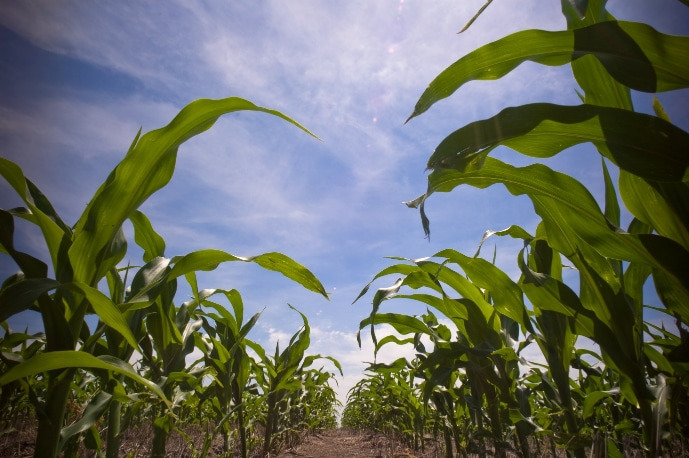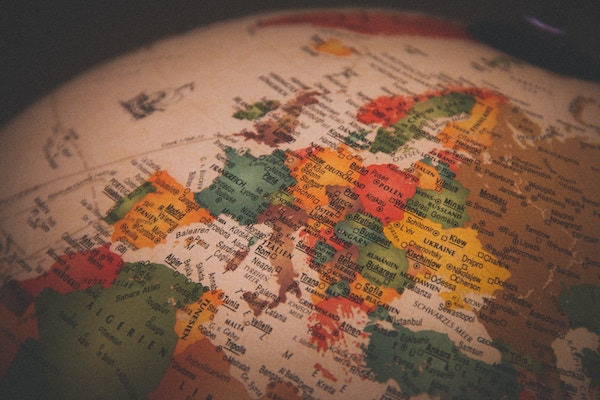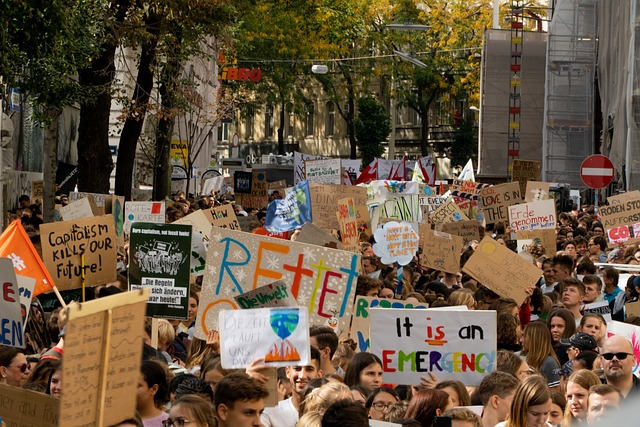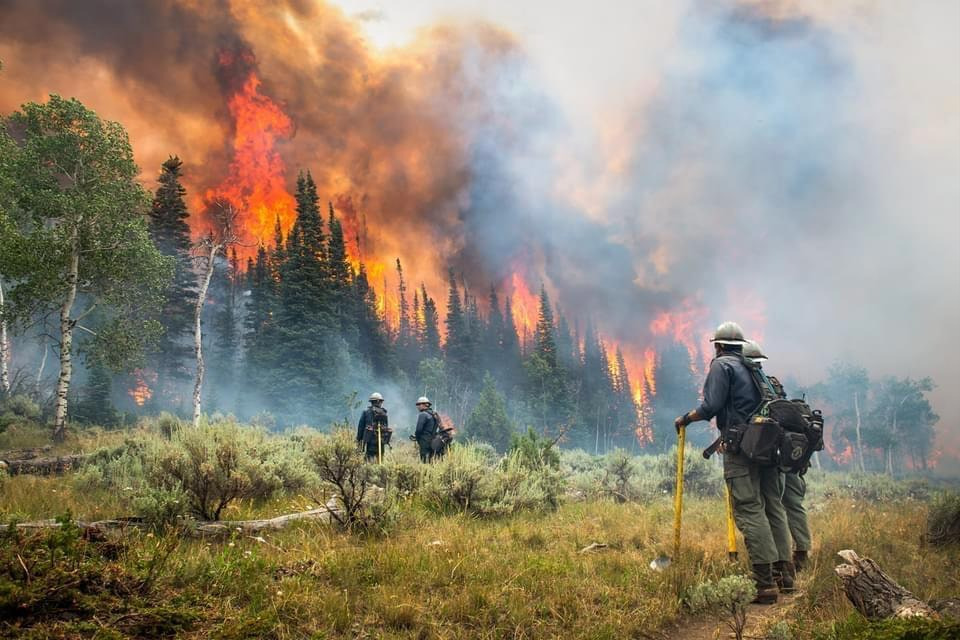Food and Agriculture
Major challenges will centre around food security
 War, natural disasters, and policies that result in farmland being
taken out of productive use will all restrict supply, with some
countries more exposed to the consequences than others. By the late
1980s, Britain was meeting 74% of its own food needs. Today, less than
60% of its food is home-produced.
War, natural disasters, and policies that result in farmland being
taken out of productive use will all restrict supply, with some
countries more exposed to the consequences than others. By the late
1980s, Britain was meeting 74% of its own food needs. Today, less than
60% of its food is home-produced.
Large parts of Africa and the Middle East are at risk. Soviet collectivisation in the 1930s and China's Great Leap Forward of the 1950s show the dangers of ideology dictating policy. Stand by for major controversies over the influence and activities of direct action or pressure groups.
Technology
New technologies are coalescing, leading to talk of 'transhumanism' (integrating humans and computers through implantable chips)
 Meanwhile, concentration of chip design and
manufacture heightens geographic risk. Taiwan - which produces over 60%
of the world's semiconductors, and over 90% of the most advanced ones -
is in an earthquake zone. Earthquakes are less frequent in South Korea - where two firms supply over 40% of the world's memory chips - but
geopolitical threats to both countries from their nearest neighbours are
high. Increased competition for raw materials, particularly rare metals, and production capacity will also drive conflict.
Meanwhile, concentration of chip design and
manufacture heightens geographic risk. Taiwan - which produces over 60%
of the world's semiconductors, and over 90% of the most advanced ones -
is in an earthquake zone. Earthquakes are less frequent in South Korea - where two firms supply over 40% of the world's memory chips - but
geopolitical threats to both countries from their nearest neighbours are
high. Increased competition for raw materials, particularly rare metals, and production capacity will also drive conflict.
And expect deeper and more wide-ranging controversies about whether technology is our servant or master, and how far down the technological road it's wise to go.
World Affairs
Transition and upheaval are worldwide phenomena, marking a paradigm shift across the globe

A growing suddenness and unexpectedness of events will expose ideas, assumptions, and practices that might have been deemed good enough in the recent past, but will no longer be so. Fasten your seatbelts for a bumpy ride.
Ideology And Society
Western societies will see an accelerating decline in trust

In many areas, government policy will make a bad situation worse, with state overreach compounding a toxic brew of debt dynamics, inflation, and weak economic growth. Expect further wealth concentration, with social tension rising on the back of it. Class war could be back with a vengeance.
Environment and Climate
"Virtue-signalling", "greenwashing", and policy made on the hoof are starting to grate. In the West, the road to net zero is going to get harder

But it's not all bad, with opportunities, as well as threats. Potentially game-changing technological breakthroughs are just around the corner, and though the world was 1-2°C warmer between 250 BC and AD 400, Rome prospered for much of that time.







